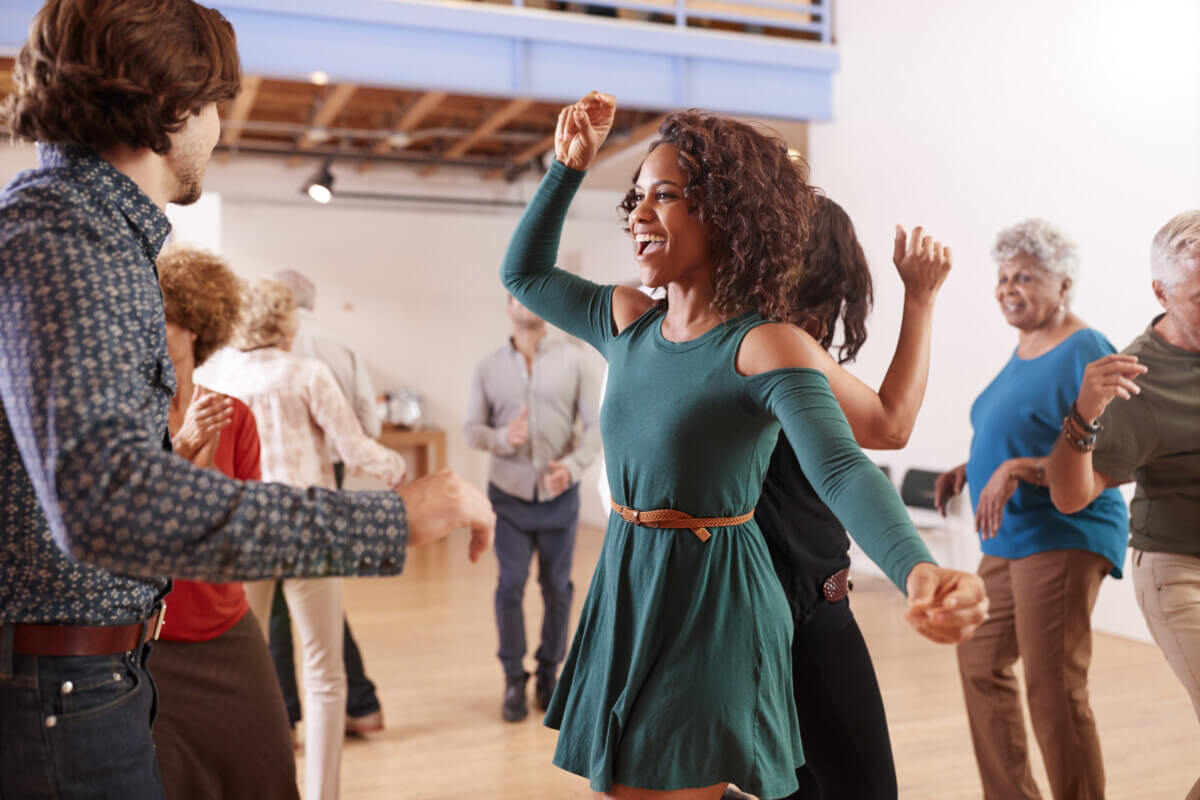
(© Monkey Business - stock.adobe.com)
Dancing is a powerful way to express yourself, revealing a lot about a person's personality. A recent study published in the journal Personality and Individual Differences found that dancers are likelier to be less neurotic than people who do not dance. Regardless of whether you dance professionally or in the comfort of your home, people who are dancers are more agreeable, more open, and more extroverted.
“In general, both dancers and singers show a high degree of extraversion in their personality—which may be due to the fact that their means of expression when dancing and singing is their body—and this is a very socially exposed situation, more than if you express through an instrument, for example,” says Julia F. Christensen of the Max Planck Institute for Empirical Aesthetics (MPIEA) in Frankfurt am Main, Germany and lead author of the study, in a press release. “However, more in-depth investigations are needed to explore this further.”
Methodology
The research team examined data from 5,435 people in Sweden and 574 in Germany. The data included information on people’s creative engagement and dance achievements. Additionally, the researchers sent out an online survey shared across multiple dance institutions to collect information on dancers. They profiled each person as one of the Big Five personalities: openness, conscientiousness, extraversion, agreeableness, and neuroticism.
“What is unique about this work is that we have brought together very large samples from two different countries. Such data are generally scarce, and previous studies have often been based on rather small samples,” explains Fredrik Ullén, the director at the MPIEA and senior study author.
Results
Both professional and amateur dancers rated low for neuroticism compared to non-dancers. Instead, dancers rated high in openness and extroversion. According to the authors, dancers are probably more extroverted because they use their own bodies as a means of expression and in social situations.
Did the type of dancing style influence a person’s personality? The results of this question are less clear. For example, researchers found swing dancers were less neurotic than Latin and Standard dancers. However, this answer requires further investigation with a larger sample of dancers with different cultural dance styles.
Discussion & Takeaways
The findings align with prior research on art and personality traits. Musicians had previously been found to be more agreeable and open than non-musicians. The current study confirms this is also the same for dancers—with one major difference. Compared to musicians, dancers are less neurotic.










